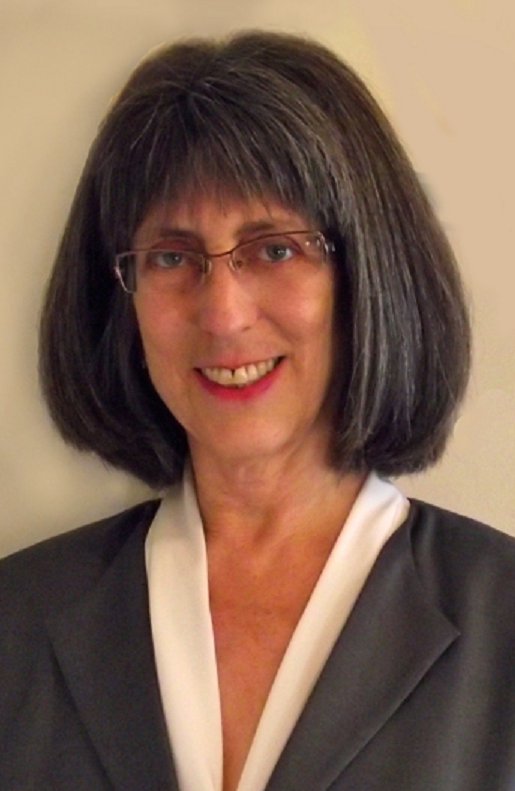Do Not Open the Door
By Marcy Darnovsky,
Southwestern Medical Perspectives
| 12. 04. 2019
Should CRISPR be used to alter the genes and traits of future children and generations? Dozens of nations have considered this prospect and decided that manipulating the human germline should be legally off limits. The U.S. and China have not.
Some gene-editing enthusiasts now want to reopen the question. The answer will affect us all and shape the future. Yet despite the stakes being so high, many discussions of heritable genome editing are distorted by dubious assumptions. The claim that editing human embryos is needed to save babies from inherited disease and could “reduce human suffering in profound and meaningful ways,” for example, is misleading for several reasons.
First is the substantial risk of introducing rather than preventing harm. Editing an embryo’s genes can go wrong in multiple ways, including off-target edits, on-target but inaccurate edits, and a condition called mosaicism that produces a mix of altered and unaltered cells in an embryo – and in the resulting child. No one knows what the health effects of these unintended changes might be, for that child or for future generations.
Second: Safe options...
Related Articles
By Diaa Hadid and Shweta Desai, NPR | 01.29.2026
MUMBRA, India — The afternoon sun shines on the woman in a commuter-town café, highlighting her almond-shaped eyes and pale skin, a look often sought after by couples who need an egg to have a baby.
"I have good eggs,"...
By George Janes, BioNews | 01.12.2026
A heart attack patient has become the first person to be treated in a clinical trial of an experimental gene therapy, which aims to strengthen blood vessels after coronary bypass surgery.
Coronary artery bypass surgery is performed to treat...
By Staff, ScienceDaily | 01.05.2026
Scientists at UNSW Sydney have developed a new form of CRISPR technology that could make gene therapy safer while also resolving a decades-long debate about how genes are switched off. The research shows that small chemical markers attached to DNA
...
Following a long-standing CGS tradition, we present a selection of our favorite Biopolitical Times posts of the past year.
In 2025, we published up to four posts every month, written by 12 authors (staff, consultants and allies), some in collaboration and one simply credited to CGS.
These titles are presented in chronological order, except for three In Memoriam notices, which follow. Many more posts that are worth your time can be found in the archive. Scroll down and “VIEW...




